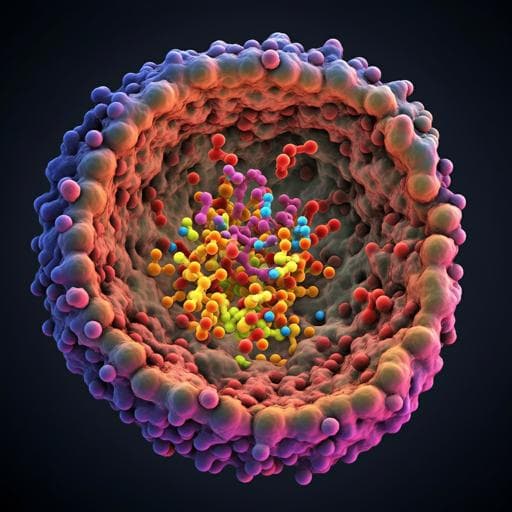
Medicine and Health
Real-time detection of 20 amino acids and discrimination of pathologically relevant peptides with functionalized nanopore
M. Zhang, C. Tang, et al.
This groundbreaking research by Ming Zhang and colleagues presents a copper(II)-functionalized *Mycobacterium smegmatis* porin A (MspA) nanopore that accurately identifies all 20 proteinogenic amino acids. With a robust machine-learning algorithm achieving 99.1% accuracy, this innovative system not only quantifies amino acids at nanomolar levels but also analyzes various peptides, including those relevant to Alzheimer's and cancer, paving the way for advanced peptide sequence inference.
Related Publications
Explore these studies to deepen your understanding of the subject.







